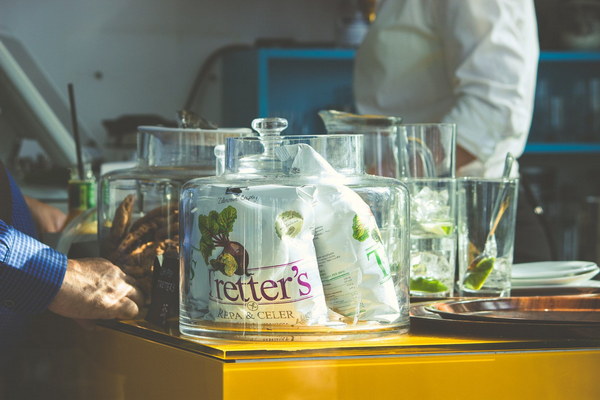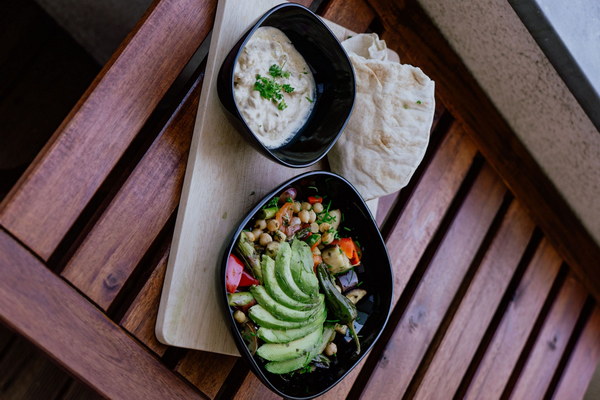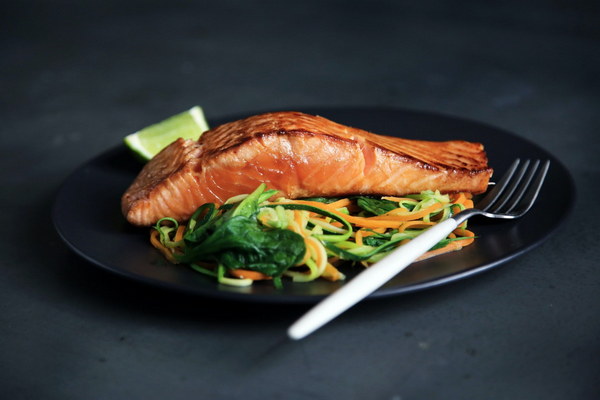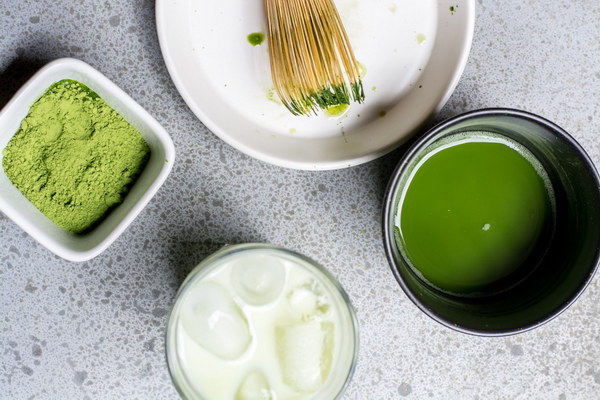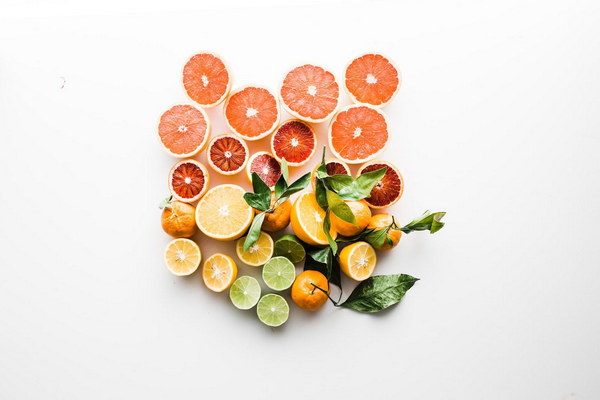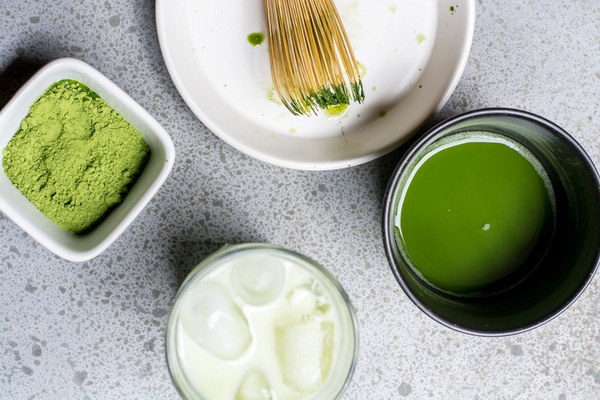Effective Medications for Liver Protection in Layer Hens A Comprehensive Guide
Introduction:
Liver health is of paramount importance in poultry farming, particularly in the case of layer hens. The liver plays a vital role in metabolizing nutrients, detoxifying harmful substances, and producing essential proteins. However, due to various factors such as poor feed quality, stress, and diseases, the liver of layer hens can become compromised. In this article, we will explore the most effective medications for liver protection in layer hens, helping farmers ensure the well-being and productivity of their flocks.
1. The Importance of Liver Protection in Layer Hens:
The liver is responsible for numerous metabolic processes in birds, including the synthesis of cholesterol, bile acids, and proteins. Additionally, the liver detoxifies harmful substances, such as ammonia and bile acids, and excretes them from the body. When the liver is damaged or functioning improperly, it can lead to a range of health issues, including reduced egg production, poor quality eggs, and even death. Therefore, it is crucial to protect the liver of layer hens to maintain their overall health and productivity.
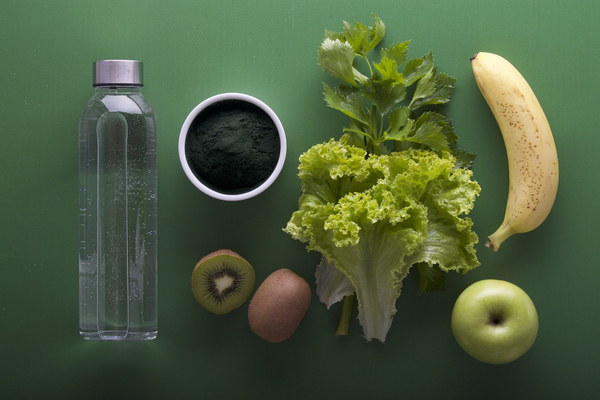
2. Medications for Liver Protection in Layer Hens:
a. S-Adenosylmethionine (SAMe):
SAMe is a naturally occurring compound found in all cells, including liver cells. It plays a vital role in the synthesis of phospholipids, which are essential for maintaining liver cell membranes. SAMe also helps in the detoxification of harmful substances and supports liver regeneration. Administering SAMe to layer hens can improve liver function, reduce inflammation, and enhance overall liver health.
b. Silymarin:
Silymarin is a plant extract derived from the milk thistle plant (Silybum marianum). It has been widely used to support liver health in humans and animals. Silymarin is known to protect liver cells from oxidative damage, enhance the synthesis of glutathione (a powerful antioxidant), and promote the regeneration of liver cells. Adding silymarin to the diet of layer hens can help improve liver function, reduce inflammation, and protect against liver damage.
c. Vitamin E and Selenium:
Vitamin E and selenium are essential nutrients that play a crucial role in protecting the liver from oxidative stress. Vitamin E is a powerful antioxidant that helps neutralize harmful free radicals, while selenium acts as a cofactor for enzymes involved in detoxification. Providing adequate levels of vitamin E and selenium in the diet of layer hens can improve liver function, reduce the risk of liver disease, and enhance overall liver health.
d. Metronidazole:
Metronidazole is an antibiotic commonly used to treat various bacterial infections, including those that can affect the liver. It has been found to be effective in reducing inflammation and improving liver function in layer hens. Additionally, metronidazole can help in the treatment of coccidiosis, a common disease that can damage the liver. Administering metronidazole to layer hens can help protect the liver and prevent further damage.
3. Best Practices for Liver Protection in Layer Hens:
a. Provide a balanced and nutritious diet: A well-balanced diet rich in essential nutrients can help support liver health. Ensure that the diet includes high-quality protein, vitamins, and minerals to meet the nutritional requirements of layer hens.
b. Minimize stress: Stress can have a detrimental effect on liver health. Implement measures to reduce stress, such as providing a comfortable environment, minimizing noise, and ensuring proper ventilation.
c. Regular health monitoring: Regularly monitor the health of your layer hens, including their liver function. Early detection of liver-related issues can help in timely intervention and treatment.
Conclusion:
Liver protection is a crucial aspect of layer hen management. By using effective medications such as SAMe, silymarin, vitamin E, selenium, and metronidazole, farmers can ensure the well-being and productivity of their flocks. Implementing best practices for liver protection, such as providing a balanced diet and minimizing stress, can further enhance the health and longevity of layer hens.
